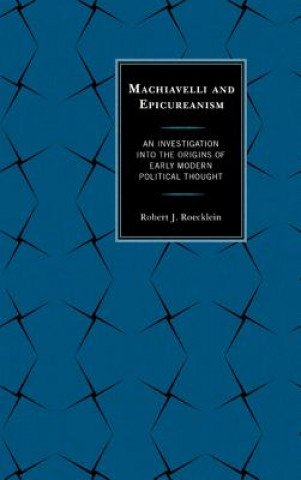
Kód: 01243764
Machiavelli and Epicureanism
Autor Robert J Roecklein
This book investigates the influence of Epicurean physics on the argument developed in Machiavelli's Discourses on Livy. Towards this end, the full philosophical history and origins of atomist philosophy are investigated during th ... celý popis
- Jazyk:
 Angličtina
Angličtina - Vazba: Pevná
- Počet stran: 256
Nakladatelství: Lexington Books, 2012
- Více informací o knize

Mohlo by se vám také líbit
-
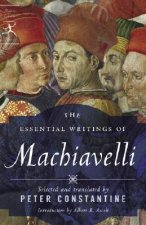
Essential Writings of Machiavelli
473 Kč -

When Stone Walls Cry
931 Kč -

Engineering Design - A Project-Based Introduction, 4e
3004 Kč -
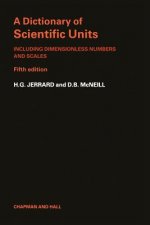
Dictionary of Scientific Units
1681 Kč -
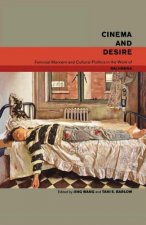
Cinema and Desire
841 Kč -

Sandra
184 Kč -

Neuroendokrinní nádory
487 Kč
Dárkový poukaz: Radost zaručena
- Darujte poukaz v libovolné hodnotě a my se postaráme o zbytek.
- Poukaz se vztahuje na celou naši nabídku.
- Elektronický poukaz vytisknete z e-mailu a můžete ihned darovat.
- Platnost poukazu je 12 měsíců od data vystavení.
Více informací o knize Machiavelli and Epicureanism
Nákupem získáte 406 bodů
 Anotace knihy
Anotace knihy
This book investigates the influence of Epicurean physics on the argument developed in Machiavelli's Discourses on Livy. Towards this end, the full philosophical history and origins of atomist philosophy are investigated during the first three chapters. Plato's critique of the atomist philosophy, from his dialogue the Parmenides, is a part of that investigation. In fact, Plato provides a refutation of the atomist philosophy in the Parmenides. A significant amount of scholarship has been accomplished that demonstrates the currents of Lucretian atomism in Machiavelli's Florence. Evidence is supplied as to Machiavelli's exposure to the Lucretian text, and the book then proceeds to investigate the transformational arguments of the Discourses On Livy itself. Machiavelli's Discourses are saturated with terminology that is borrowed from physics: 'materia' (Matter), 'corpo' (body), 'forma' (form), 'accidente' (accident). English translators have usually employed some theory as to which tradition of physics Machiavelli is relying upon, in order to conduct their translations. By borrowing the terminology of Lucretian physics, Machiavelli becomes able to conceive of the people in a political society as something less than human: as 'matter' or materia without form. In my analysis of Machiavelli's deployment of the concepts from Lucretian physics, it is attempted to unveil the brutality that is inherent in Machiavelli's new definitions of the elements of politics, and the general hostility of his political science to the Aristotelian concept of the human being as political animal. The classical physics of Aristotle, which Machiavelli has rejected for a model, indicates the forward looking momentum of natural beings. For Aristotle, nature intends human political society as the arena for human fulfillment. In Aristotelian physics, nature aims at an end in generation, i.e. at a culmination of the natural being in its proper condition of excellence. For human beings, this is justice, the quality of relationships that makes happiness possible. In Machiavelli, a new politicized physics is revealed. In Machiavelli's model, the human beings of formed matter are repeatedly sent, through new institutions and methods of government, 'back to their beginnings', i.e. to a condition of isolation, destitution, injury, and pain. The last chapter of the book concludes with an examination of the particular institutions and methods that Machiavelli holds out to us for employment, if his new vision of a republic is to be realized.
 Parametry knihy
Parametry knihy
Zařazení knihy Knihy v angličtině Humanities Philosophy Social & political philosophy
4062 Kč
- Plný název: Machiavelli and Epicureanism
- Autor: Robert J Roecklein
- Jazyk:
 Angličtina
Angličtina - Vazba: Pevná
- Počet stran: 256
- EAN: 9780739177105
- ISBN: 0739177109
- ID: 01243764
- Nakladatelství: Lexington Books
- Hmotnost: 499 g
- Rozměry: 237 × 157 × 23 mm
- Datum vydání: 18. October 2012
Oblíbené z jiného soudku
-

The 48 Laws of Power
601 Kč -
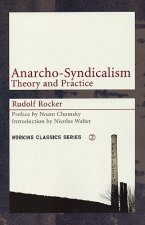
Anarcho-syndicalism
279 Kč -
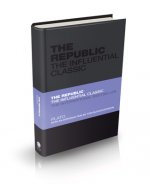
The Republic
302 Kč -

Political Philosophy
411 Kč -

One-Dimensional Man
574 Kč -

Change or Die
448 Kč -

Free Will
223 Kč -
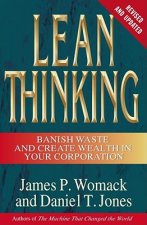
Lean Thinking
782 Kč -

End of History and the Last Man
410 Kč -

Essential Drucker
410 Kč -

Calendar of Wisdom
250 Kč -
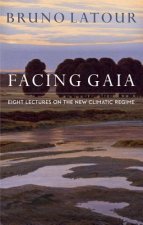
Facing Gaia
637 Kč -

Justice as Fairness
979 Kč -
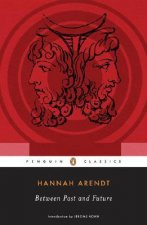
Between Past and Future
424 Kč -

Managing Your Manager: How to Get Ahead with Any Type of Bos
472 Kč -

Common Sense, The Rights Of Man And Other Essential Writings
195 Kč -

General Theory of Law and State
1472 Kč -

People vs. Democracy
840 Kč -

Fashion System
437 Kč -
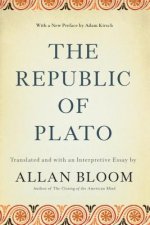
Republic of Plato
486 Kč -

Ideas Have Consequences
445 Kč -

A Conflict of Visions
692 Kč -

Violence and the Sacred
673 Kč -

21 Indispensable Qualities of a Leader
562 Kč -

Towards a New Manifesto
265 Kč -
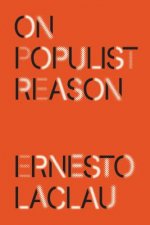
On Populist Reason
415 Kč -

Years of Rice and Salt
235 Kč -

Oxford Handbook of Political Ideologies
1676 Kč -

Utilitarianism
262 Kč -

Radicality of Love
344 Kč -

Modern Social Imaginaries
627 Kč -
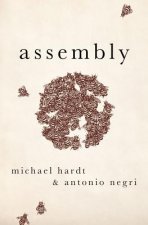
Assembly
794 Kč -
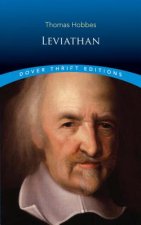
Leviathan
188 Kč -

What is Power?
438 Kč -

Proposed Roads to Freedom
266 Kč -

Against Marriage
970 Kč -

Time for Revolution
938 Kč -
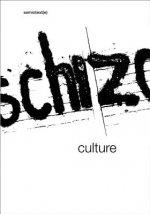
Schizo-Culture
908 Kč -
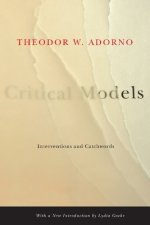
Critical Models
1136 Kč -
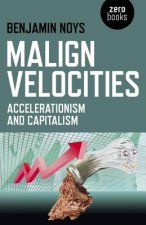
Malign Velocities - Accelerationism and Capitalism
317 Kč -

Platform Capitalism
334 Kč -

Prince: The Original Classic
302 Kč -

Taking Rights Seriously
838 Kč -
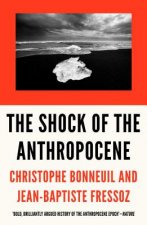
Shock of the Anthropocene
340 Kč -

How Will Capitalism End?
622 Kč -

To Have or To Be?
734 Kč -

Ideology: A Very Short Introduction
250 Kč -

Future of Nostalgia
638 Kč -
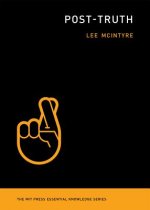
Post-Truth
368 Kč
Osobní odběr Praha, Brno a 12903 dalších
Copyright ©2008-24 nejlevnejsi-knihy.cz Všechna práva vyhrazenaSoukromíCookies



 Vrácení do měsíce
Vrácení do měsíce 571 999 099 (8-15.30h)
571 999 099 (8-15.30h)